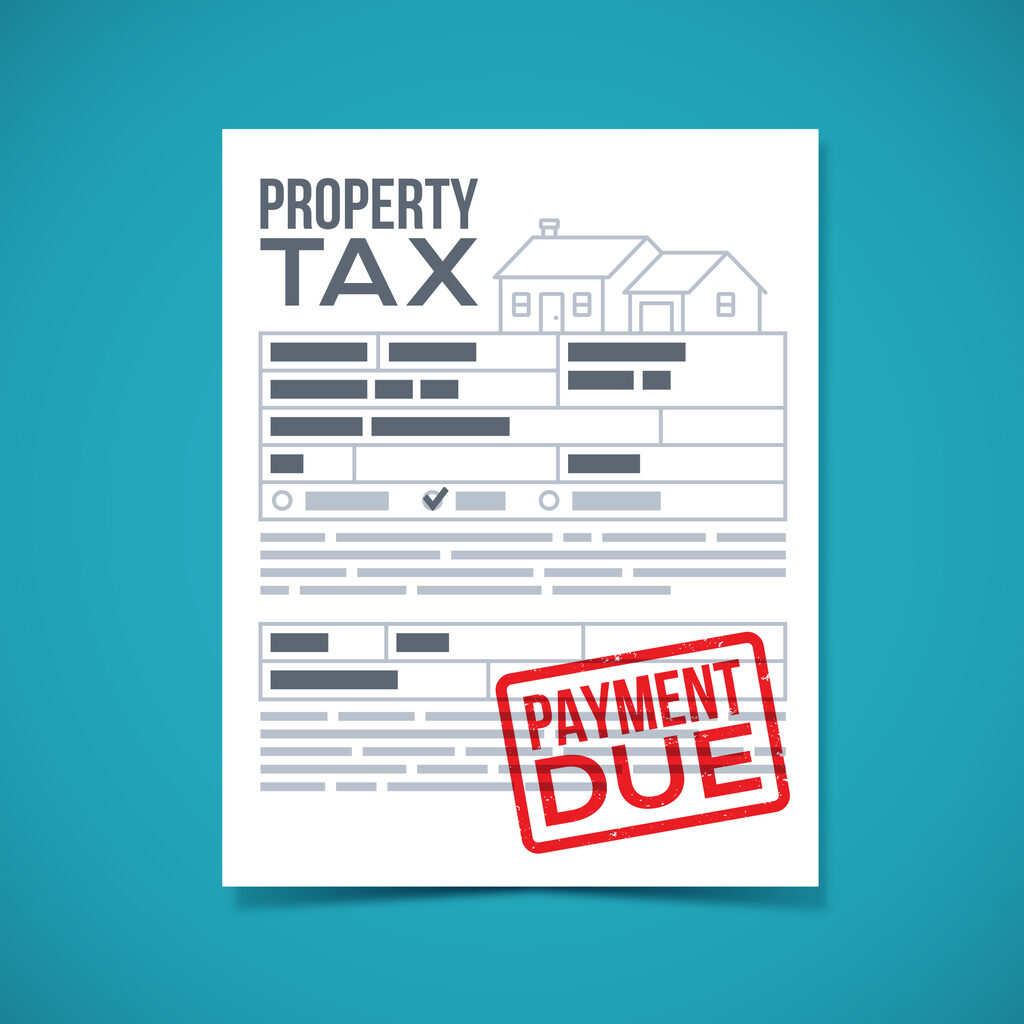Funding Commission Readies its Guiding Principles Amid Reassessment Turmoil
–Delaware’s Public Education Funding Commission has adopted guiding principles for a new hybrid school funding model that blends unit-based and weighted, student-centered funding.
–Recent statewide reassessments triggered legislative fixes, taxpayer frustration, and lawsuits—leaving the future of equalization and tax bills uncertain.
–Upcoming fall meetings and town halls will shape how equity, local wealth, and student needs are addressed in the new funding framework.

As the new school year gets underway, education funding remains top of mind for Delawareans. With property reassessments and equalization in the headlines over the past few months, conversations about how our schools are funded have become increasingly urgent.
Public Education Funding Commission Moves Forward with Guiding Principles
The Public Education Funding Commission (PEFC) in June voted on a set of guiding principles for a new framework that aims to define how Delaware will fund its schools in the near future. They included:
- A Hybrid Funding Framework
The commission recommends a hybrid approach that blends elements of the current “unit-based” system with a more student-based “weighted” model that provides dedicated resources to students based on their unique needs. This structure aims to:- Provide additional funding for students with greater needs.
- Offer dedicated funding for educator positions based on the number and characteristics of students, in alignment with salary scales.
- Implementation Planning
The commission is developing a three- to five-year implementation plan to guide the transition to the new formula, ensuring that local education agencies (LEAs) do not receive less funding during the phase-in period. - Local Wealth Considerations
Once reassessment data becomes available, PEFC will continue exploring ways to better account for differences in local wealth, including equalization, referendum reform, and adjustments to state and local funding shares. - Establishing a Standing Review Body
To maintain ongoing oversight and input, the commission recommends forming a standing body of parents, educators, community leaders, and LEA representatives to monitor and propose improvements to Delaware’s education funding system. - Public Engagement
The commission is committed to engaging the broader public through town halls, focus groups, and accessible data, ensuring that Delawareans can weigh in on proposed reforms and understand their potential impacts.
During the August session, commissioners heard directly from educators about the purpose of a potential new funding formula and district-wide equalization (ensuring the local share of funding is evenly distributed, no matter the income level of its neighborhoods)–all setting the stage for more detailed recommendations and community engagement sessions scheduled to begin this October.
Reassessment Updates and Equalization
This summer, finalized property reassessment values were released for all counties, sparking frustration among homeowners and business owners as new rates revealed wild gaps and swings across communities statewide. In response, the General Assembly convened an emergency special session in August, passing several bills aimed at addressing the immediate concerns.
Ongoing Fallout and Next Steps
As tensions continued to mount in the weeks following these legislative actions, several lawsuits were filed, essentially freezing further action on the new tax rates. These lawsuits may delay tax bills and payments. Meanwhile, Senate leadership prepares to host host a series of town halls in the coming months to hear directly from the public, with the session during the week of November 3 focusing specifically on school funding. These meetings will provide Delawareans with an important opportunity to engage directly with policymakers and influence the direction of funding decisions.
Tune into the next PEFC meeting live on October 13 at 4 p.m.
Despite challenges and setbacks with reassessment, there are promising areas of progress being discussed within the funding commission. The general momentum seems to be moving towards a more student-centered, streamlined, and flexible system by collapsing many line items into larger buckets, and increasing the portion of weighted funding. Additionally, though there are tensions around reassessment, this has brought local funding to the forefront, and some long-standing issues with referendum and local share may be addressed in the near future.
- Student-based funding: Both the PEFC and the Vision Coalition’s 2035 plan push for funding models that give targeted resources to students with greater needs.
- Local wealth and equalization: Each framework emphasizes fixing inequities tied to property wealth so resources are fair across communities.
- Accountability and engagement: The commission’s proposed review body and town halls echo the plan’s call for ongoing oversight and public voice.
The Vision Coalition also developed a crosswalk of recommendations that have been developed in recent years—including from the American Institutes of Research 2023 (AIR) report—that can point Delaware to where it wants to take its school funding formula.
- What’s Next
- Equalization still needs to be addressed and the committee will be meeting on October 8 to review their final equalization report for this year
- The Senate Special Reassessment Committee will be meeting on November 4 to discuss specifically the impacts of reassessment on education funding
- The Public Education Funding Commission will be meeting on October 13
Further Reading
- Delaware’s Education Funding Commission is back; equalization top of mind amid reassessment turmoil — Delaware Public Media, by Paul Kiefer, August 12, 2025
- Property associations push back on tax bill — Delaware Business Times, by Jarek Rutz, September 15, 2025
- Matt Meyer on ChristianaCare lawsuit, energy crisis, and school referendum reform — Delaware Public Media, by Paul Kiefer, September 18, 2025
- Tyler Technologies answers questions about New Castle County assessment — Delaware Online / The News Journal, by Brandon Holveck, September 22, 2025
Related Topics: air report, delaware property tax, delaware school funding, federal education funding, pefc, public education funding commission, student success, vision coalition